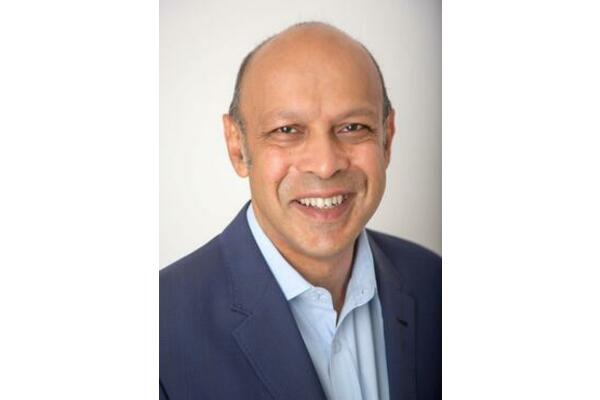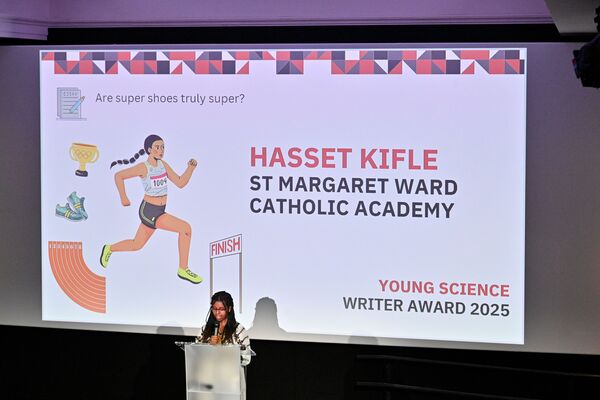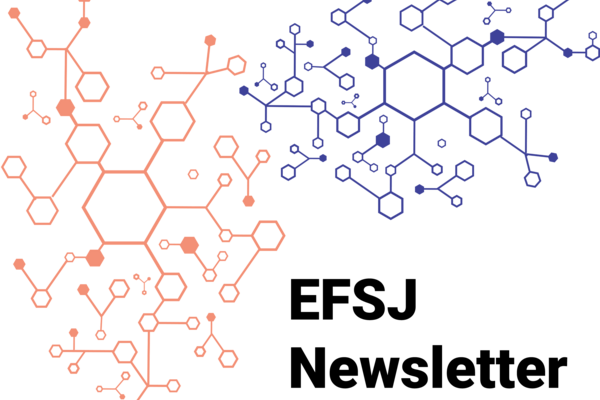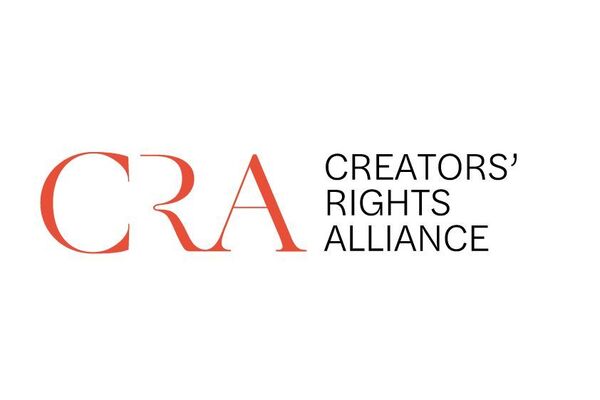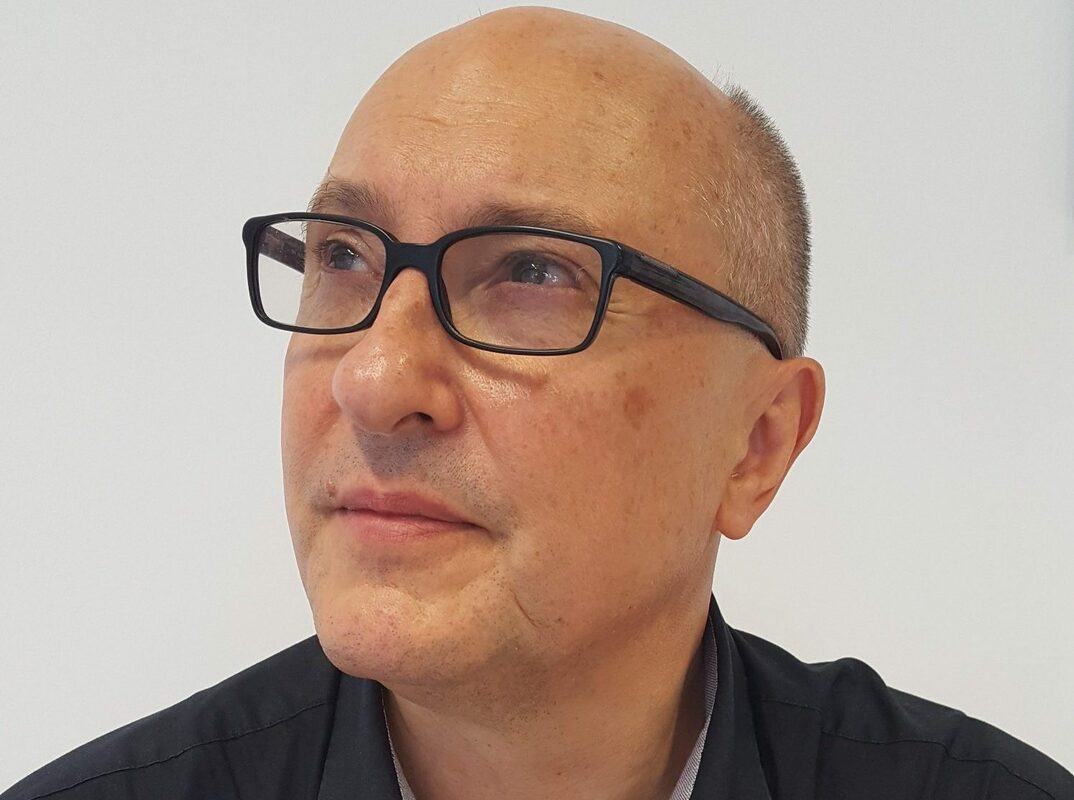
At the Association of British Science Writers (ABSW) AGM on Tuesday April 18, 2023, BBC Science Correspondent Pallab Ghosh will stand down as the ABSW’s Honorary President. At the same meeting the ABSW Executive Board will propose that Roger Highfield (pictured right), former Science Editor of the Telegraph, and Editor of New Scientist and now Science Director, Science Museum Group, be elected as his successor.
Pallab Ghosh was appointed as ABSW Honorary President in 2017. That was the first time the ABSW appointed a leading science journalist instead of a scientist as its Honorary President. In this capacity, Pallab Ghosh has provided support and advice to Chairs and Executive Boards over the past six years to help them realise their visions for the ABSW.
“While we as science journalists are extremely lucky to have such satisfying jobs,” Pallab said, “there has been nothing more satisfying for me, and I daresay for all those that have been involved with the ABSW, to give something back and help others follow in our footsteps.”
“When talking to those who come to our UK and world conferences, I have seen that what we do inspires and changes lives. It draws people into our profession, it raises standards, and it helps them to cover science critically and accurately.”
“What we do empowers our audiences, helps them to make sensible choices and makes the world a better place.”
“I feel really honoured and privileged to have worked with so many great people at the ABSW and World Federation over the years and to have been part of this glorious endeavour”.
With the approval of the ABSW AGM, Roger Highfield will take on the role of the ABSW’s Honorary President.
“It is a great honour to be nominated for this position,” said Roger. “If accepted by the AGM I will work with the ABSW Executive Board to champion independence and excellence in the reporting of science, medicine, engineering, and technology and to nurture the next generation of journalists. Journalism has changed in so many ways since my time at the Telegraph and New Scientist, most recently with the move to remote working and developments in AI. But the need for journalists who are independent, honest, and unbiased, and who are not afraid to challenge the information they are given, is more pressing today than ever.”
On the Executive Board’s nomination of Roger Highfield, Angela Saini, Board member and an award-winning British science journalist, author and broadcaster said:
“Roger stood out to the Board as someone with an excellent journalistic record and is very well connected to both the worlds of science and journalism. His management skills will also be key in our aim to be a highly professional membership organisation that represents its members at a national and international level.”
ABSW Chair Andy Extance said:
“Our Honorary President must represent us to government, internationally and in the media, and help with fundraising. Our Board feels that Roger will excel in all these roles. With the AGM’s agreement we are looking forward to working with Roger to grow our programme of events, training, awards and fellowships for our members and the science journalism community more broadly.”
Pallab’s achievements with the ABSW
Pallab has been involved with the running of the ABSW for twenty-five years. As Chair he worked with the board to promote coverage of science that was constructively critical of research as well as explanatory and celebratory, which led to the introduction of the ABSW’s prize for investigative journalism. His other priorities were to make the organisation more inclusive and increase active participation.
After stepping down as Chair he was instrumental in the creation of the World Federation of Science Journalists, of which he became one of the first presidents, bringing in the ABSW as a leading member.
Along with Sallie Robins and Julie Clayton, Pallab brought the WFSJ’s World Conference of Science Journalism to London in 2009, resulting in a meeting of nearly 1000 science journalist from all around the globe. That generated a profit of £100,000 for the WFSJ to invest in future conferences, of which a third went to the ABSW for its own projects.
The success of the world conference inspired the ABSW to run annual skills building and development conferences in the UK, all of which emphasised the need for science journalists to challenge scientists, as well as to report research accurately and clearly. It was the start of a process that saw us aspire to become a professional body.
Roger’s biography
Roger Highfield was born in Wales, raised in north London and became the first person to bounce a neutron off a soap bubble. He was the Science Editor of The Daily Telegraph for two decades and the Editor of New Scientist between 2008 and 2011. Today, he is the Science Director of the Science Museum Group, Fellow of the Academy of Medical Sciences, a visiting professor of public engagement at the Dunn School, University of Oxford, and Department of Chemistry, UCL, and a member of the UKRI-Medical Research Council. Roger has written nine books and had thousands of articles published in newspapers and magazines.

